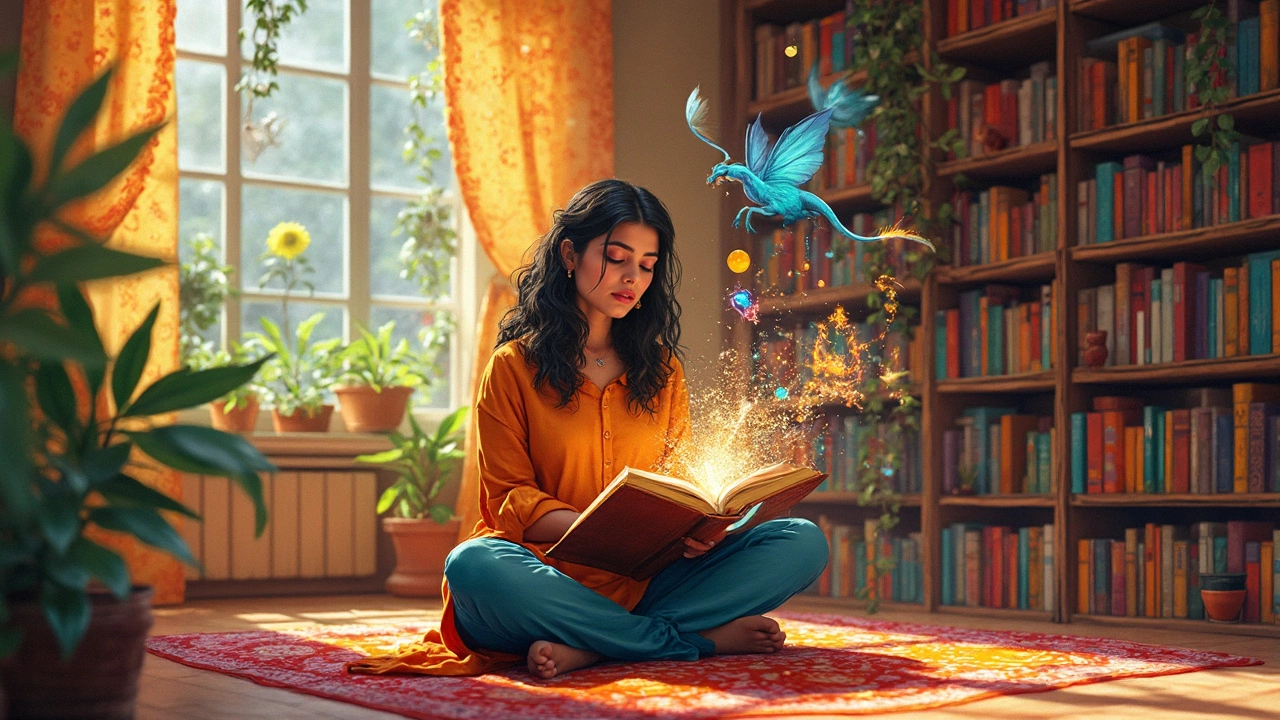Creativity in Books: How Stories Spark Imagination and Change
When we talk about creativity, the ability to generate new ideas, connections, and expressions that feel original and meaningful. Also known as imaginative thinking, it’s what turns a blank page into a world you can lose yourself in. Creativity doesn’t need a paintbrush or a stage—it lives in the quiet space between a writer’s thought and your reading eye. It’s in the way a character in a novel makes you feel seen, or how a simple metaphor in a poem changes the way you see your morning coffee.
Great books don’t just reflect creativity—they demand it. From the ancient Epic of Gilgamesh, the oldest known adventure story, which blends myth, loss, and the search for meaning, to modern cultural narratives, the shared stories that shape how entire communities understand identity, history, and belonging, creativity is the engine. It’s what lets a book like The Timekeeper’s Daughter become the most read of 2024—not because it’s loud, but because it feels true. Creativity thrives where rules are bent, not broken. It’s why the Bible, the most stolen and purchased book in history, still moves people: not because of doctrine, but because of the raw, human stories it carries.
And creativity isn’t just for readers. It’s for anyone who’s ever wondered how to start a story, build a character, or turn pain into prose. The best writing doesn’t come from perfect grammar or fancy words. It comes from courage—the courage to write what no one else has said, to feel what others avoid, to imagine a world that doesn’t yet exist. That’s why you’ll find posts here about creativity in action: how to begin an adventure story that grips you from the first line, why the "adventure girl" archetype matters now more than ever, and how cultural stories quietly shape what we believe about ourselves.
What you’ll find below isn’t a list of tips. It’s a collection of real, messy, brilliant moments where creativity met the page—and changed something. Whether it’s a forgotten myth, a banned novel, or a quiet story about grief that stuck with millions, these are the books and ideas that prove creativity isn’t a gift. It’s a habit. And you’re already part of it.

Why Fantasy Novels Are Good for Adults
Fantasy novels aren’t just for kids—they give adults a break from reality, help reduce stress, and spark creativity. They can even help readers work through tough emotions, develop empathy, and boost mental flexibility. This article digs into real-life benefits of reading fantasy as an adult and offers practical tips on how to get more out of your magical escapes. Discover ways fantasy worlds can actually improve your day-to-day life.
View More